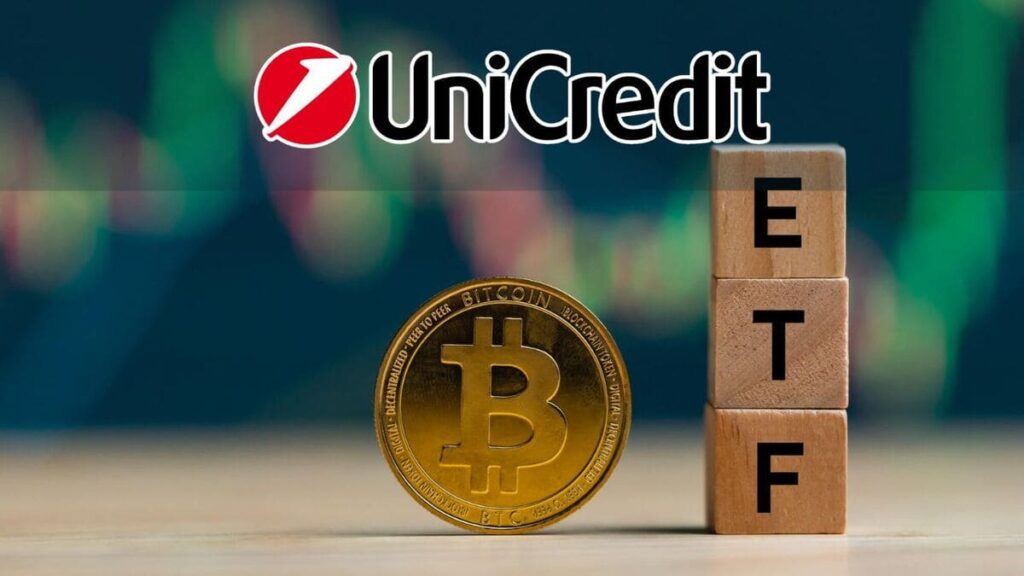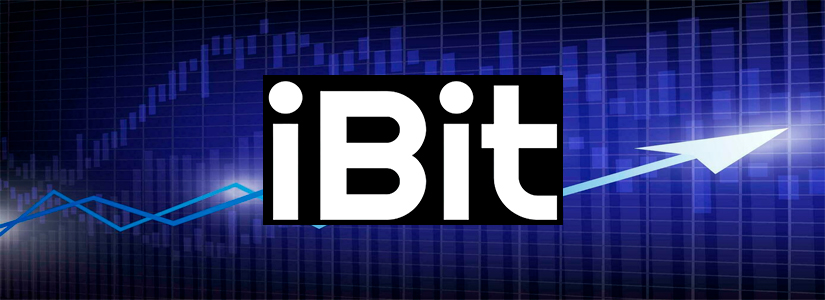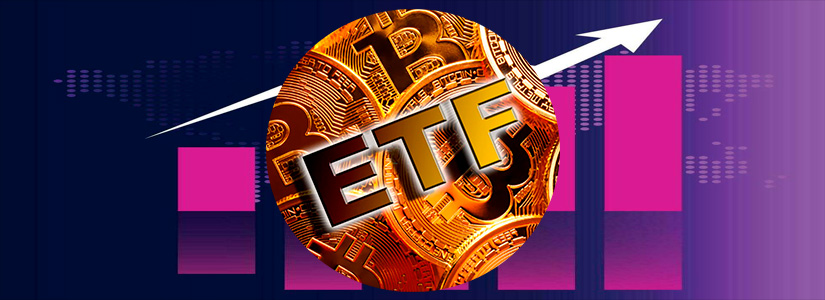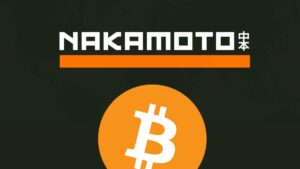TL;DR
- UniCredit launched an investment certificate in Italy tied to BlackRock’s Bitcoin ETF, with full capital protection and returns capped at 85%.
- The product, with a $25,000 minimum investment, will be available from July 1 to 28 for professional clients seeking regulated crypto exposure.
- Banks like Intesa and Santander are exploring the digital asset and stablecoin market to expand their financial product offerings.
UniCredit announced the launch of a structured product linked to BlackRock’s Bitcoin ETF, aimed exclusively at professional clients in Italy.
It’s a five-year, dollar-denominated investment certificate offering full capital protection at maturity. The maximum return will be limited to 85% of the ETF’s performance over that period. The minimum investment required to access the product is $25,000.
This new instrument will be marketed from July 1 to 28 and seeks to attract capital from institutional investors looking for controlled and regulated exposure to the crypto market through traditional financial channels. According to UniCredit, client interest in products tied to new asset classes like cryptocurrencies has been growing steadily, and this proposal addresses that demand through a structure familiar to the banking environment.
The ETF referenced by the product is the iShares Bitcoin Trust, launched in the United States in January 2024. It’s currently the crypto-linked exchange-traded fund with the largest assets under management in the market. It surpassed $75 billion in less than a year, becoming the most important institutional investment vehicle in the sector.
UniCredit Joins the List of Pro-Crypto Banks: A Clear Trend in the European Market
In addition to its presence in the United States, BlackRock launched a similar product in Europe in March 2025, listed on the Paris, Xetra and Amsterdam stock exchanges under the tickers IB1T and BTCN. This has improved access to the Bitcoin market through regulated products in jurisdictions that are key to the European market.
UniCredit’s strategy reflects a broader trend among European banks, which are beginning to add digital assets to their product portfolios for professional clients. Intesa Sanpaolo, Italy’s largest bank, made its first spot Bitcoin purchase in January and already operates a crypto trading desk. Meanwhile, Banco Santander is considering launching a stablecoin and crypto trading services for retail users of its digital bank.
Interest in crypto instruments continues to grow across Europe, and products like these allow financial institutions to combine exposure to digital assets with traditional investment structures and protection levels tailored to each client’s risk profile













